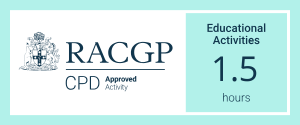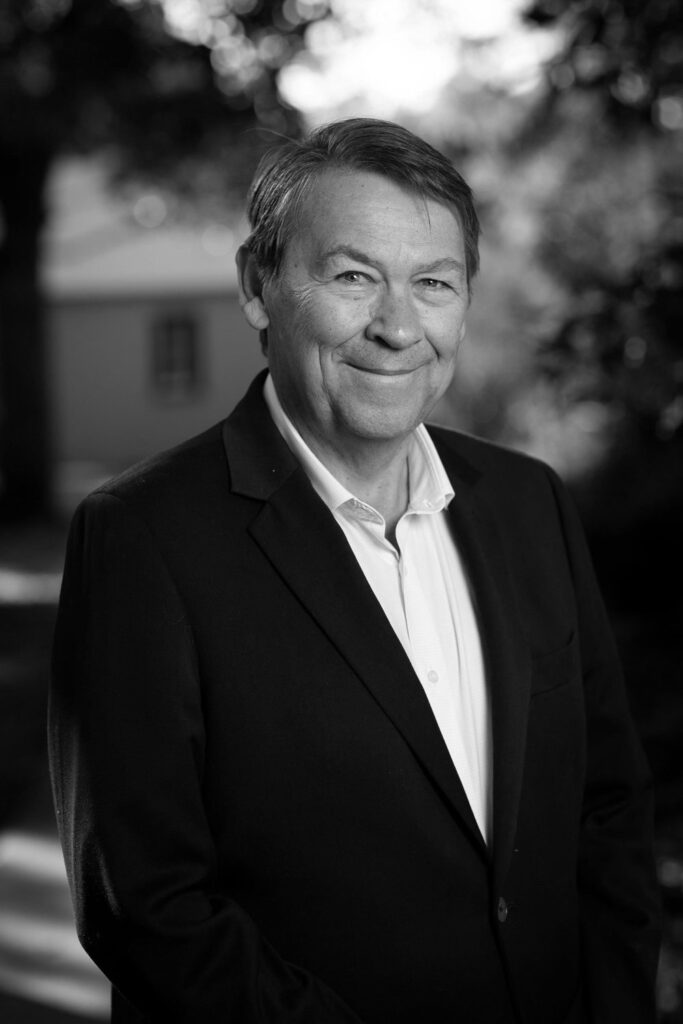About the webinar
Have you ever wondered:
- How do I know if this is ME/CFS or something else?
- Is ME/CFS the same as long COVID?
- What do I say if all the tests come back normal?
In this first of two webinar recordings, Dr Mark Donohoe unpacks his approach to assessment and diagnosis of ME/CFS. Over one hour, Dr Donohoe will review current diagnostic criteria, and outline how he applies his unique insights from decades of experience to long COVID. Dr Donohoe will also explore how to organise your practice to best assist patients with energy-limiting chronic illnesses such as ME/CFS and long COVID, and provide tips on building a positive working relationship between patient and GP.
Learning outcomes
- Understand the terms ME/CFS, PASC and long COVID
- Explore presenting signs and symptoms including ordering appropriate investigations
- Apply diagnostic criteria to patient data, to positively identify a case of ME/CFS or Long Covid
- Communicate findings from history, physical examination and investigations to a patient and their carers
Target audience and CPD
This introductory webinar was developed for General Practitioners and will benefit those who have no to little knowledge on the topic. It will also serve as a refresher to those who already have some knowledge. Other practice staff and health professionals will also benefit.

RACGP activity ID – 1002145
All participants will be automatically issued a certificate on completion of the webinar for your records.
Your speaker
Dr Mark Donohoe, GP President ACNEM, Founder, Director, Mosman Integrative Medicine
Dr Mark has worked in the field of ME/CFS for over 35 years, and is considered one of Australia’s leading practitioners in this area. He is currently President of the Australasian College of Nutritional & Environmental Medicine (ACNEM)

Dr Mark sees patients from around Australia and overseas with complex illnesses, including chronic fatigue syndrome (CFS), myalgic encephalomyelitis (ME), fibromyalgia (FM), chemical toxicity and sensitivities (MCS) and chronic inflammation.
Treatment usually starts with non-drug therapies, including diet, exercise and lifestyle change, moving on to specific, individualised therapeutic needs of each patient. His preference is for employing very specific non drug therapies to restore capacity and balance, and to achieve long-term, sustainable recovery.


